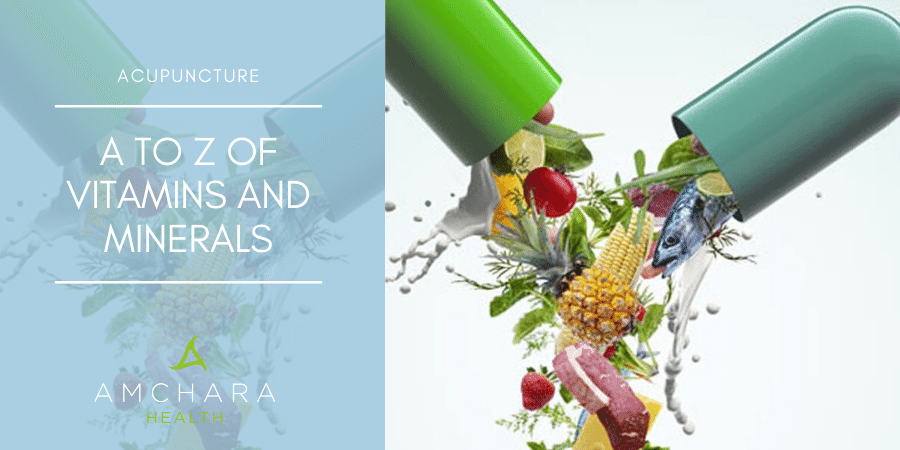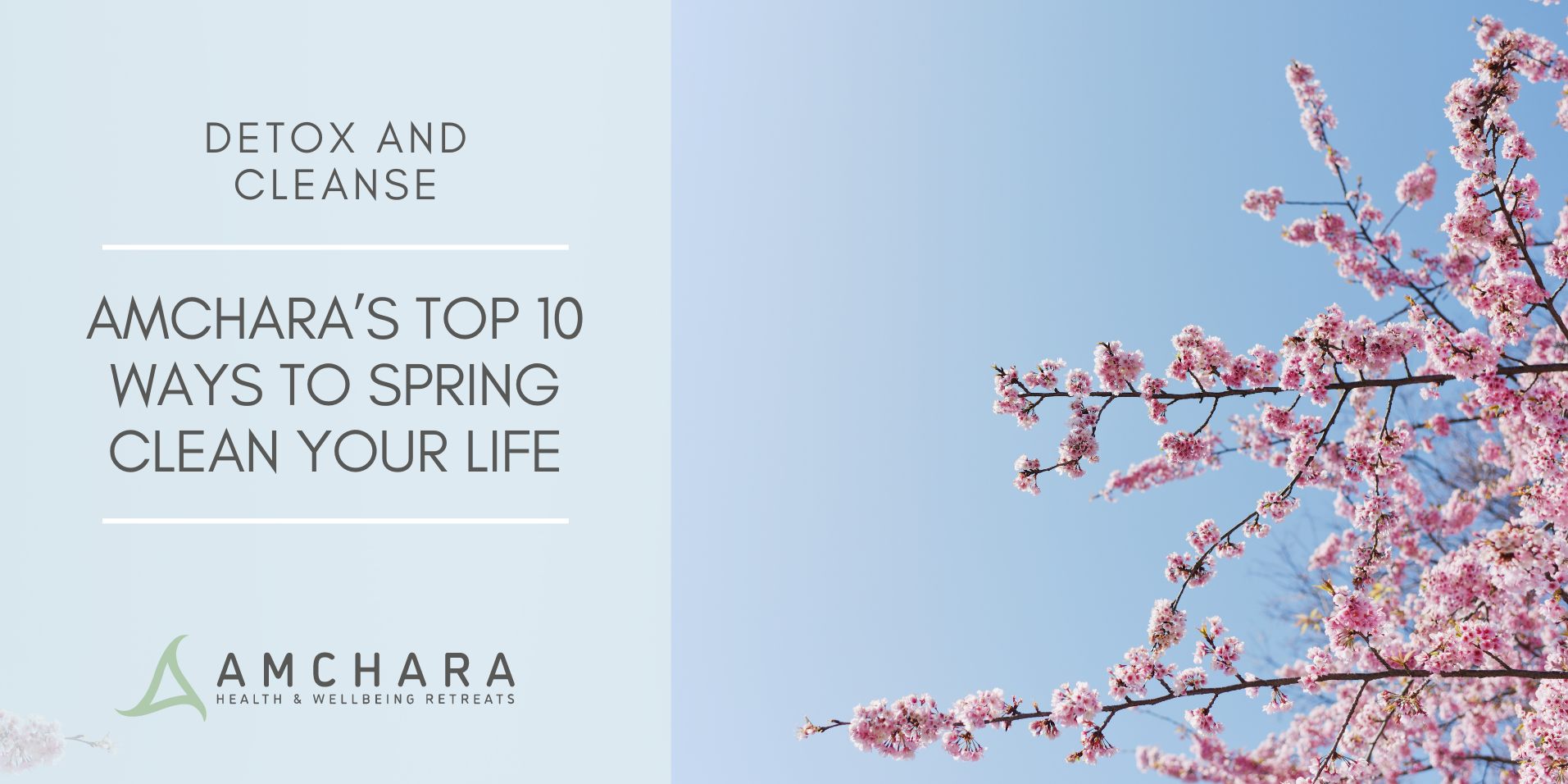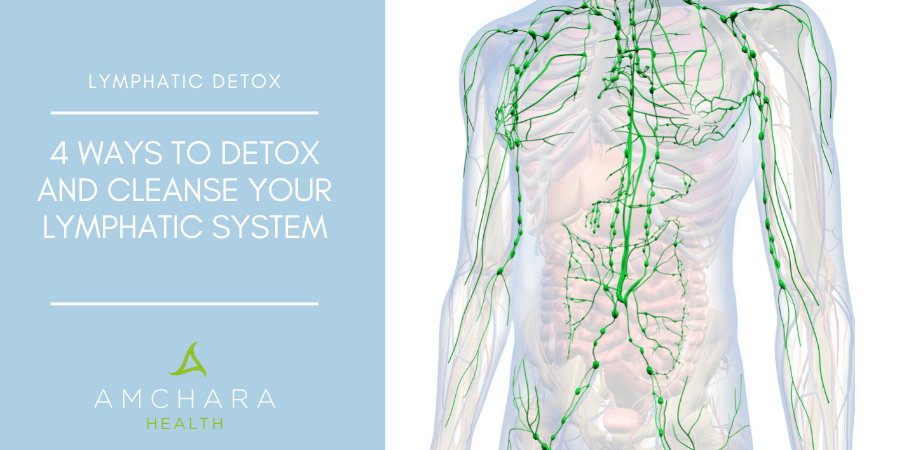This is the second of our two part nature’s pharmacy guides.
► The fisrt guide can be found here
An A to Z list of the vitamins and minerals found in foods, and what foods to eat to get them into your diet.
By far, the best way to get the vitamins and minerals that you need is through your diet.
Supplements can of course play a role, but these should be minimal and the majority of your nutrition should come from the food that you eat.
It may be required in some circumstances to get certain vitamins or minerals from supplements, for example if a particular vitamin or mineral is difficult to get through food.
You can use this list in conjunction with the A to Z of raw ingredients article to get the most out of your recipes.
READ: Nature’s own Antibiotics – A Natural Alternative
Vitamin A
Essential for growth, skin, night vision, colour and immunity.
The best raw sources include paprika, red pepper, chillies, cayenne, sweet potatoes, carrots, leafy greens, squash, herbs, lettuce and apricots.
Vitamin B1 (Thiamine)
Essential for the conversion of starch into energy.
The best raw sources include peanuts, sunflower seeds, yeast, pine nuts, dried herbs and spices, pistachios, macadamia nuts and pecans.
Fish is another good source.
Vitamin B2 (Riboflavin)
Important for converting protein and fat into energy.
The best raw sources include green leafy vegetables, yeast, peppers, almonds, sesame seeds and sun dried tomatoes.
Vitamin B3 (Niacin)
Vital for the body’s nerve and brain function, digestive organs and for a healthy tongue and skin.
Good sources of food containing B3 include most meats, however if you are vegetarian or prefer raw foods good sources include green peas, sunflower seeds, mushrooms (mainly Portobello) and avocado.
Vitamin B6 (Pyridoxine)
Is need to convert protein in the body and is also important for menstrual cycle regulation, heart disease protection and for growth and healthy nervous and immune systems.
Good raw sources include dried herbs and spices, pistachios, raw garlic, sunflower and sesame seeds and hazelnuts.
Vitamin B12 (Cobalamin)
It is essential for healthy metabolism, the blood and the nervous system and in conjunction with B6 it also helps to prevent heart disease.
Unfortunately it is very difficult to get vitamin B12 in raw foods, but the best other sources include shellfish including crab, egg, low fat dairy and fortified cereals.
Of course, if you eat a raw diet you could take B complex supplements to ensure you get enough vitamin B12.
Beta-Carotene
Is an antioxidant and fights free radicals in the body.
It is not a vitamin or mineral, however it does convert to vitamin A in the body.
It is important to prevent cancer and heart disease and supports/boosts the immune system.
Good raw food sources include carrots, pumpkin, apricots, red and yellow peppers, sweet potatoes, tomatoes, melons and watercress.
Vitamin C
Vitamin C is probably the most common and well known about vitamins, and most people know how important it is in supporting the immune system.
It is also however vital for iron absorption, healing wounds and it is a powerful antioxidant for fighting against heart problems and certain cancers.
Good sources include citrus fruits, all green vegetables, tropical fruit, lettuce, peppers, all berries and currants.
Vitamin D
Is very well known for its important role in healthy bones in conjunction with calcium.
However many people are deficient in vitamin D and the best way to get it is through natural sunlight outdoors.
But in terms of foo, the best sources are fish such as herring, kippers, sardines, tuna, salmon and trout.
If you do not eat fish, then the best bet is to get as much outdoor exercise as possible and to take supplements.
Vitamin E
Is important for young healthy looking skin, and it is also a powerful antioxidant that protects against cancer.
Good natural sources include Aloe Vera, avocado, nuts and seeds, broccoli, olive oil, spinach, sweet potatoes and watercress.
Folic Acid
Is important if you are pregnant or trying to conceive because it helps to protect against birth defects in your unborn baby, but it is also important for healthy blood cells and preventing again anaemia.
Good raw sources include dried yeast, oats, citrus fruit, dried fruits, pulses and green leafy vegetables.
Calcium
Known for being essential for healthy bones and it is also vital for a healthy heart, muscles and nerves.
The best raw sources of calcium include Brazil nuts, dried seaweed, greens and figs.
Iodine
Iodine is very important because it is needed for normal thyroid function. Good food sources include seaweed, and if you eat fish, shellfish.
Iron
Iron is a mineral that is essential for healthy red blood cells.
Raw food sources of iron include green leafy vegetables, dried apricots, prunes, raisins, dates, pumpkin and sesame seeds, lentils and legumes.
Magnesium
Is probably one of the most essential minerals to get in your diet and it is vital for good energy levels, growth and repair in the body and to aid vitamins B1 and 2.
You can find a good amount in Brazil nuts, almonds, sunflower and sesame seeds, cashews, brown rice and pine nuts.
Potassium
Is essential for healthy cells, healing and blood pressure control.
Goof raw sources in food include bananas, dried fruit, most raw vegetables, tea and most nuts.
Selenium
A strong antioxidant and protects against some cancers and heart disease, and it also promotes younger looking skin and hair.
Some of the best raw food sources include dried mushrooms, Brazil nuts, sunflower seeds and walnuts.
Zinc
Zinc is essential for growth, taste, immunity, hormone function and liver function.
You will find the best raw food sources to be seaweed, most seeds, pine nuts and some shellfish if you eat fish.







